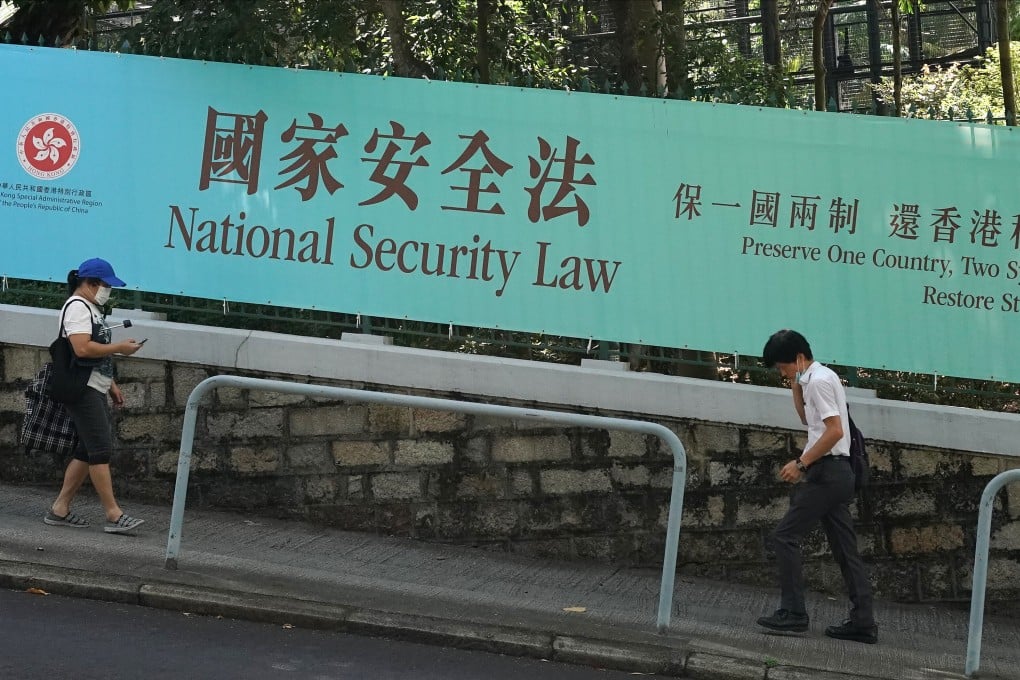National security law: Hong Kong teachers should ‘take police advice’ to help them comply with Beijing-decreed legislation in class
- National security unit ‘could provide information to facilitate’ liberal studies teaching, according to man in charge of reforming the subject
- Approved changes to the secondary school subject involve vetting of textbooks and compulsory mainland trips

Professor Lau Chi-pang, chairman of the committee under the Curriculum Development Council overseeing changes to the subject, said on Saturday that teachers could draw on the expertise of law enforcement to ensure their lessons were compliant with the national security legislation that took effect last summer.
“Teachers need to look at the national security law themselves. It’s not that complex or long. I believe that the teachers should have the professional judgment to decide what can be said or not [in class],” he told reporters on Saturday.
But he added: “To put it simply, they should not talk to the students about things that could be in breach of the law. We hope that police’s national security unit could provide information to facilitate the teaching.”
A precedent for this could be found in the way Hong Kong’s graftbuster promoted new anti-corruption legislation when it came into force in the 1970s, said Lau, who is also an associate vice-president at Lingnan University.